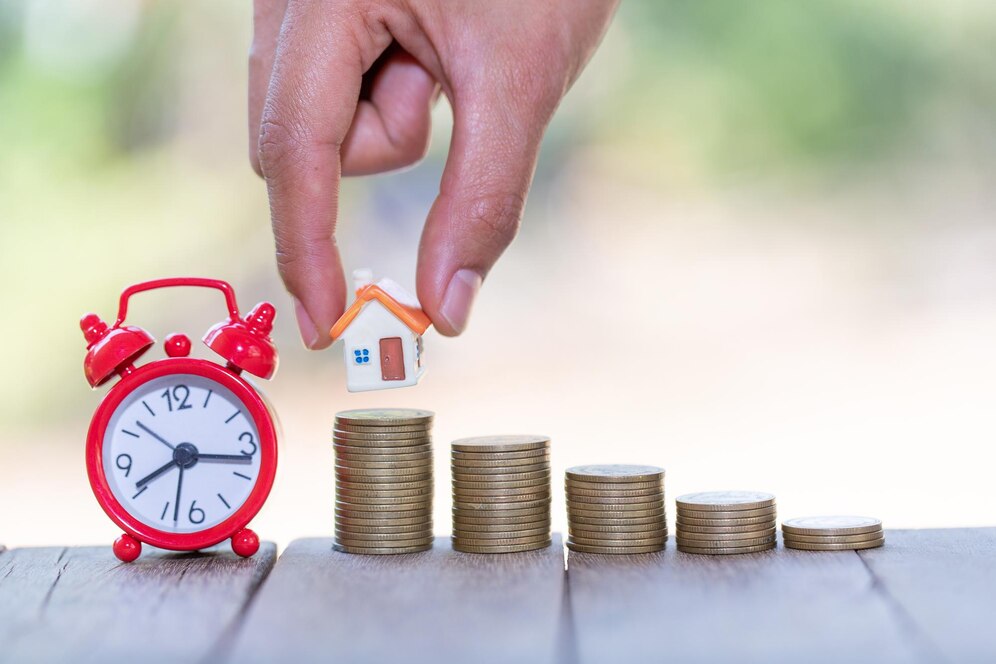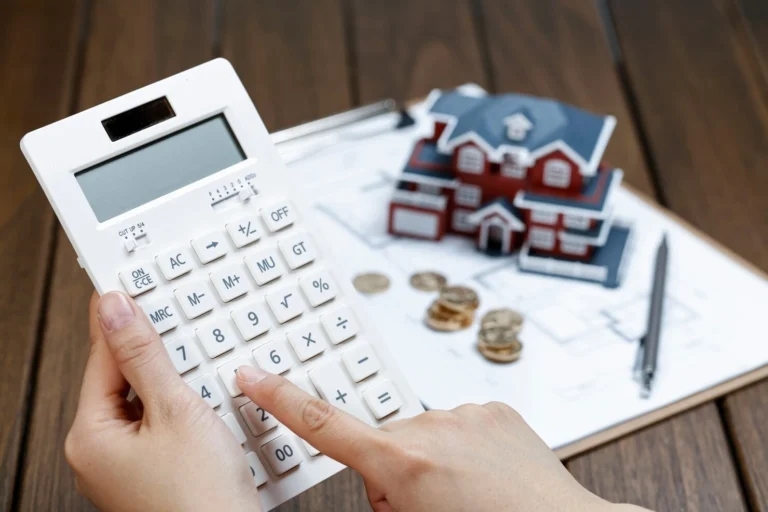Investing in property is thrilling and potentially exciting, and it is time to figure out how to put time on one’s clock because timing is everything in investments. Knowing when and how economic cycles influence the property market is thus an underlying understanding with regard to how to make the best out of returns and minimize risks. Be it real estate investment properties or property development investment, knowing when to invest, when to hold, or when to sell is important.
In this blog post, we will discuss the role played by economic cycles in real estate and how EggsInvest can help you leverage every market phase. By employing robust technology and getting insights from data, you will be able to catch up with market trends in positioning yourself in maximizing cyclical benefits associated with real properties.
Understanding the Economic Cycle in Real Estate
An economic cycle refers to that recurring expansion or contraction pattern of economic activity over time. Typically, these cycles are divided into four phases: expansion, peak, contraction, and trough. The stages of economic cycles can influence the timing of real estate product sales. Each stage of the entire economic cycle has its advantages and disadvantages regarding real estate investment properties and property development investments.
1. Expansion Phase
During its expansion period, the economy grows, unemployment falls, and consumer confidence reaches a booming level. This is a golden age for real estate investors. Property typically appreciates as demand rises for space, and friction on rents is very low.
- Real Estate Investment Properties: Buy prime sites or markets that show increased demand.
- Property Development Investment: Builders see demand building up, making it ripe for new construction projects and development.
2. Peak Phase
In the peak phase, at the topmost peak, the economy has reached its acme, and the market has hit its optimum capacity. At this stage, property value pegs high but often turns out to be unsustainable. This is the Phase where one should be wary of overspending or misjudgment in accruing the market.
- Real Estate Investment Properties: If you are considering buying at peak points, look for areas having high long-term growth potential rather than short-term gains.
- Property Development Investment: At such a stage, development projects may be risky due to possible oversupply, but premium developments in high-demand locations can thrive.
3. Contraction Phase
Contraction of the economy begins when there is a slowdown in the economy, unemployment increases, and consumer spending declines. Thus, falling property prices, lower rental income, and a drop in demand from the market as a whole begin to occur. While this is a trying time for most investors, this is also an opportunity for those who prepare.
- Real Estate Investment Properties: Be savers now and buy them; while values are dropping, savvy investors with deep pockets can snag inner-city properties at cut rates and set themselves up for windfalls in the economy’s recovery.
- Property Development Investment: During contraction, developers should restrain themselves from starting several projects. Instead, they want to think of minor, inexpensive projects or wait for better conditions.
4. Through Phase
The bottom-most point in the economic cycle is marked by the trough phase. This is the period at which the market will be weakest but also signals the beginning of possible recovery. As the economy begins to improve, so do property values, and those investors who buy at this stage will often reap tremendous profits.
- Real Estate Investment Properties: It is bargain-hunting time. Properties are mostly undervalued, and good deals can be struck by the buyers as they anticipate the recovery ahead.
- Property Development Investment: For developers, if financing can be achieved at this Phase, then one can pick some profit opportunities with the construction of new properties, which will appreciate in value as the economy strengthens.
Timing Your Investments: Strategies for Every Economic Phase
In the Expansion Phase,
- Look for emerging markets showing great potential for growth.
- Prioritize property with high demand, including residential and mixed-use developments in cities.
- As a developer, consider creating projects that fulfill the present and future upward demand for new homes or commercial spaces.
At the Peak:
- Sell or liquidate properties with significant appreciation.
- Be selective about new investments and only choose prime locations predicted to hold value.
- Focus on quality properties with features that make them stand out among the others.
During Contraction:
- Invest in distressed sales or undervalued properties, preferably in locations that can rebound once the economy recovers.
- For property development investment, focus on small projects or renovations rather than large new developments.
- Exercise caution in terms of borrowing and financing because lending conditions could become quite tight.
At the Trough:
- Buy discounted properties expecting a growth turnaround in the future.
- Target areas are likely to recover very quickly, such as new neighborhoods or those with infrastructure work going on.
- Invest in long-term engagements that would thrive after the economy turns around in the future.
Conclusion
Real estate investment is not all about funds; it is a matter of understanding the market’s ebb and flow. At EggsInvest, you can even see around the corner and make moves with every step in the economic cycle. Be it real estate investment properties or property development investment, regardless of the market condition, EggsInvest will offer the toolkit, insight, and data necessary for making smart decisions and maximizing returns.
Ready to control your real estate investments? EggsInvest will walk you through the noise made by the economy during tides to better moves for profit.








thanks for info.
Baazi888, huh? Heard some good things. Apparently the payouts are fast. Gonna give it a spin and see if the hype is real. Maybe you should too!: baazi888